
Ford Sterling was an American comedian and actor best known for his work with Keystone Studios. One of the 'Big 4', he was the original chief of the Keystone Cops.
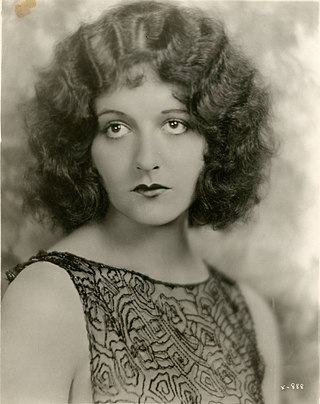
Natalie Kingston was an American actress.

Adela Nora Rogers St. Johns was an American journalist, novelist, and screenwriter. She wrote a number of screenplays for silent movies, but is best remembered for her groundbreaking exploits as "The World's Greatest Girl Reporter" during the 1920s and 1930s and her celebrity interviews for Photoplay magazine.
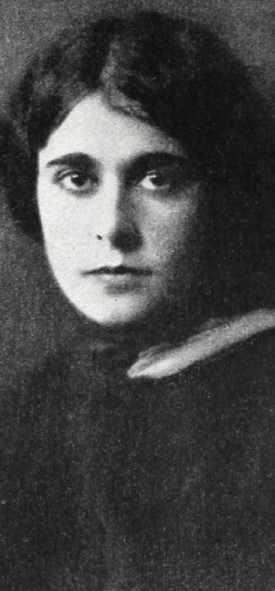
Frederica Alexandrina Sagor Maas was an American dramatist and playwright, screenwriter, memoirist, and author, the youngest daughter of Jewish immigrants from Russia. As an essayist, Maas was best known for a detailed, tell-all memoir of her time spent in early Hollywood. A supercentenarian, she was one of the oldest surviving entertainers from the silent film era.
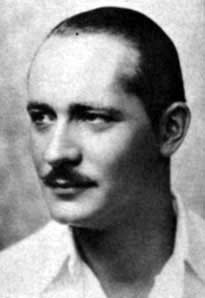
Norman Kerry was an American actor whose career in the motion picture industry spanned twenty-five years, beginning in 1916 and peaking during the silent era of the 1920s. Changing his name from the unmistakably German "Kaiser" at the onset of World War I, he rose quickly in his field, becoming "the Clark Gable of the [1920s]."

Doris Margaret Kenyon was an American actress of motion pictures and television.
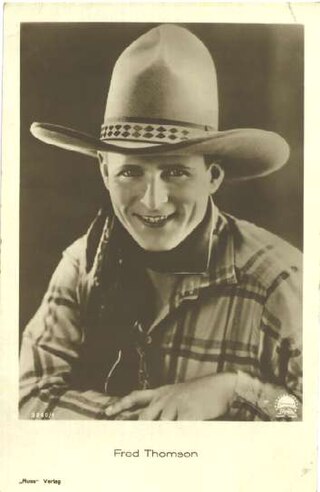
Frederick Clifton Thomson was an American silent film cowboy who rivaled Tom Mix in popularity before dying at age 38 of tetanus.

Dorothy Revier was an American actress.
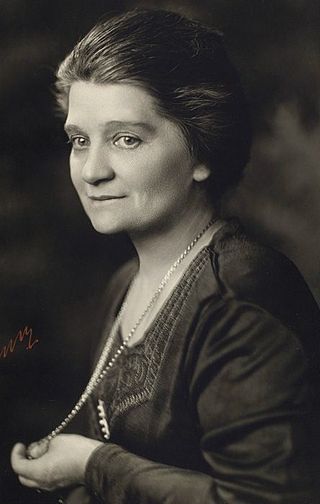
Lucy Beaumont was an English actress of the stage and screen from Bristol.

Martha Mattox was an American silent film actress most notable for her role of Mammy Pleasant in the 1927 film The Cat and the Canary. She also played a role in Torrent (1926). She died from a heart ailment at age 53.
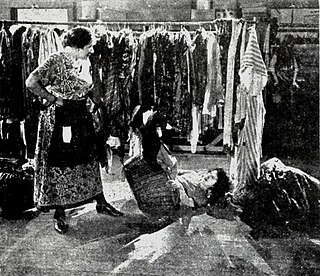
Louise Carver was an American actress who performed in grand opera, stage, nickelodeon, and motion pictures.

Dorothea "Dot" Farley was an American film actress who appeared in 280 motion pictures from 1910 to 1950. She was also known as Dorothy Farley.
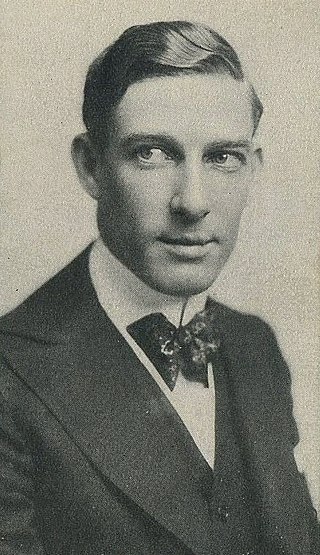
Lee Moran was an American actor, film director, and screenwriter.

Ann Brody Goldstein, known professionally as Ann Brody, was an American film actress of the silent era. Brody was known as a pioneer film actress.

Alma Bennett was an American film actress of the silent era. She appeared in more than 60 films between 1919 and 1931.
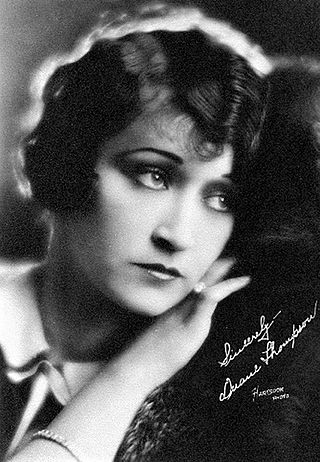
Duane Thompson was an American film actress during Hollywood's silent film era. When Talkies pushed silent films into the background, she worked in stock theater for a time before moving to radio drama. She was married twice, to comedian Buddy Wattles and to radio producer William T. Johnson.

Alice D. G. Miller was an early American screenwriter. She was sometimes erroneously credited as Alice Duer Miller, another writer of no relation.
Verna Willis was an American film editor known for her work on films of the late 1920s during Hollywood's silent era. She was employed by Paramount and was highly regarded for her skill as a cutter.

Ruth Cummings was an American screenwriter and actress active from the 1910s through the 1930s. She was married to actor-director Irving Cummings in 1917, and they had a son, screenwriter Irving Cummings Jr.

Frances Carson was an American actress on stage and in films, including three Alfred Hitchcock films.




















